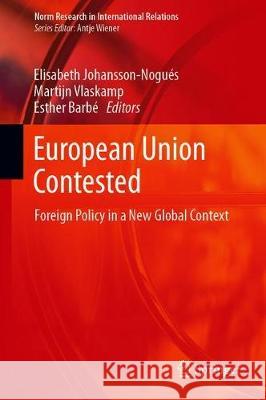European Union Contested: Foreign Policy in a New Global Context » książka
topmenu
European Union Contested: Foreign Policy in a New Global Context
ISBN-13: 9783030332372 / Angielski / Twarda / 2019 / 211 str.
European Union Contested: Foreign Policy in a New Global Context
ISBN-13: 9783030332372 / Angielski / Twarda / 2019 / 211 str.
cena 402,53
(netto: 383,36 VAT: 5%)
Najniższa cena z 30 dni: 385,52
(netto: 383,36 VAT: 5%)
Najniższa cena z 30 dni: 385,52
Termin realizacji zamówienia:
ok. 16-18 dni roboczych.
ok. 16-18 dni roboczych.
Darmowa dostawa!
Kategorie BISAC:
Wydawca:
Springer
Seria wydawnicza:
Język:
Angielski
ISBN-13:
9783030332372
Rok wydania:
2019
Wydanie:
2020
Numer serii:
000936438
Ilość stron:
211
Waga:
0.49 kg
Wymiary:
23.39 x 15.6 x 1.42
Oprawa:
Twarda
Wolumenów:
01
Dodatkowe informacje:
Wydanie ilustrowane











